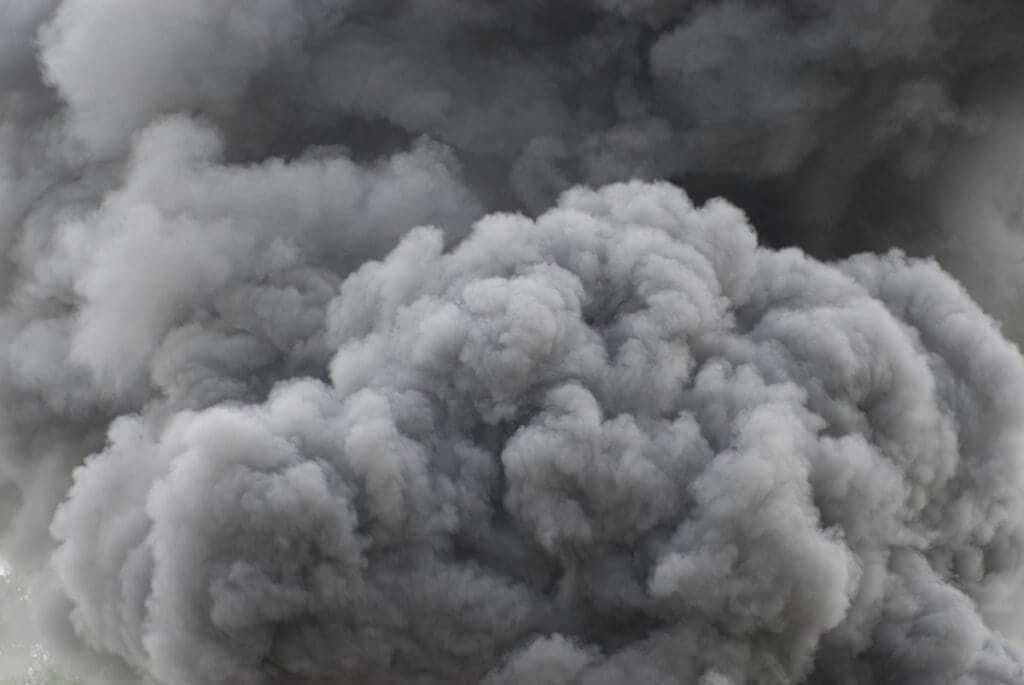Memories
2021-09-08 · 4 min readSentence fragments on the nature of memories. Trying out a new writing style, read at your own risk...
FYI - This is a new type of article/blogpost I'm trying out based off Emil Cioran, though this is just a test. It's supposed to be harder to read with sentence fragments throughout, and ask more questions than giving answers. It might not be your cup of tea, but feel free to read it (at your own risk haha)! Cioran mostly wrote for himself in a therapeutic way, so I wanted to see if something informal like this is something that might be fun.
Whats the Point? We live we die, but we keep memories. Do we even live if we don't remember something? Without memory, everything is just the present. Memory is intrinsically our meaning in life, for it is what we remember when we die. Even if it isn't, the fact that it will be the only thing that determines happiness upon death, should be an indication. That could mean that the past never existed, but the present is everything. That would also mean that every moment has to be memorable. Is there any value in an unmemorable moment? One spent dawdling the day away, looking at grass, when you could have been skiing down the Eiffel Tower. What makes a memory intrinsically memorable? Probably fun, however subjective that might be. Most of my memories are short, or for 10 days. It's crazy to think that 10 days is also the amount of time I spend in school, or studying for a test. Are those preparations for the future, really giving me more memories? How can you min max the ideal of work and living in the moment? The ultimate good would be to enjoy the momentary work, which builds enjoyment for the future. Preparing for the future is an endlessly regressive task, that doesn't have much enjoyment. Does someone who prepares to live, up to the point they die, have a more fulfilling life than a person that lives with no regard for the future?
This brings back to themes of capitalism, which I wont touch on, but its important to think about where we want to go in life
The Passing Days
If we have the ability to make memories constantly, by embarking on fun tasks, why do we work? Small moments can be memorable in mass, but then you need to weigh it against larger more maintainable memories. There will always be something lost at the end though, because you can't remember every single day that happens. Living life to its fullest is important, and to not get ensnared into the capitalist ethic of working until death, just for a remorseful grasp at a vacation at cripplingly old age. To do this, we need to reorient our goals from being physically rich, to being experientially rich. This links with what millionares say, where money can't buy happiness. It also has themes of absurdity, where we should accept experience as experience, as long as we live in the moment, and don't let it pass by instantaneously. What makes a memory fun? If we take an absurdist view, where everything is memorable, but that isn't true. The only way that could work, is noticing the details in life, and capturing it with some significance. Since you ascribe significance subjectively, this would mean that you actively need to search out for significance to create memories. This search for significance could be thought as a search for meaning, but I take it to a much lesser degree. The smallest memory, is one that is a step for finding meaning, but not completely grasping it. Through the cumulation of significant moments in life, we can find arbitrary meaning in life.
In The End. I'll try to have more experiences like the Zephyr before school ends, but is it even possible with school? What is the meaning of school if at the end, you don't even remember it?
People have nostalgia for highschool, but comparatively I can't name 10 days in middle school as memory packed as the Zephyr. Does this mean that the most efficient way to find meaning, is through small compact significant experiences, over time? This way you maximize memories, preferably 10 days at a time, then by the end of the year, you have 36 memories to share. Through that, you may be able to slowly march yourself into finding meaning in life, and building towards a more fulfilling death.
